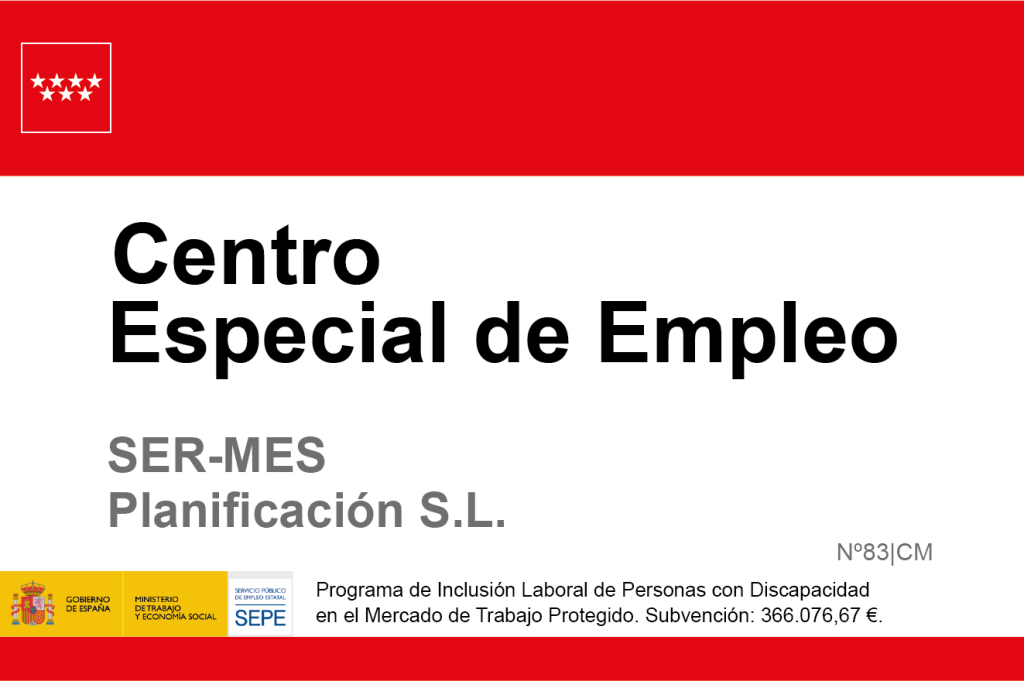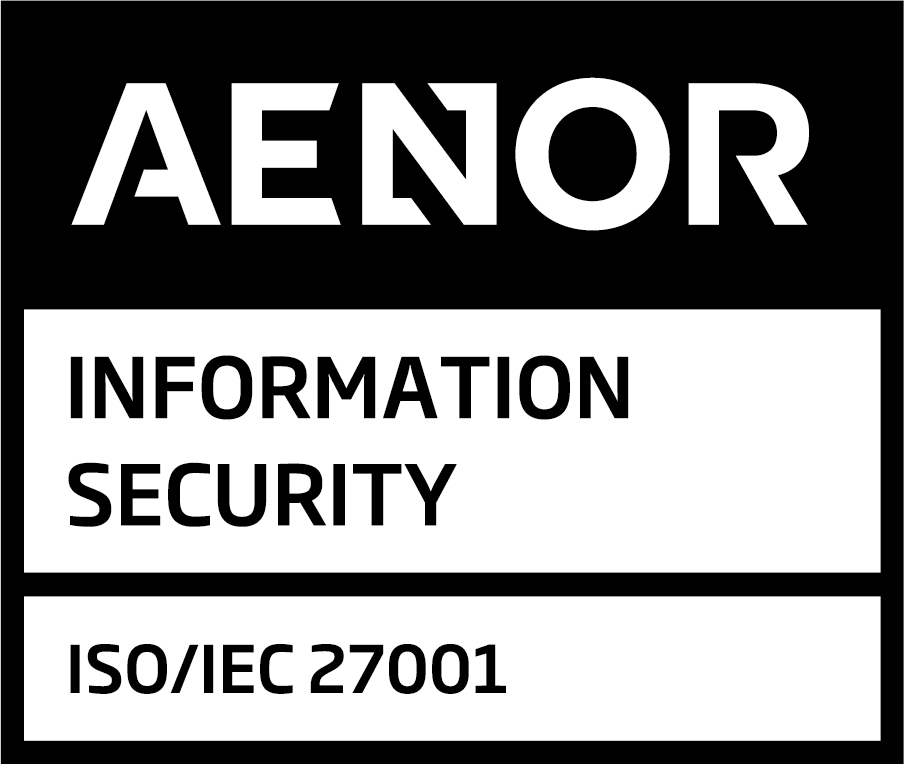March 19, 2025

Menu
Our blog
The importance of patient payment services in clinical trials
In the field of clinical trials, the proper management of participant payments and compensation is a crucial factor in ensuring transparency and ethical research practices. In Europe, regulations set strict standards to protect patient privacy and ensure that compensation does not unduly influence a participant's decision to take part in a study.
By Sermes CRO

In Spain, Royal Decree 1090/2015 regulates clinical trials involving medicines, allowing participants to receive financial compensation or reimbursements for expenses incurred during their participation, such as travel, accommodation, meals, and loss of income. These compensations must be approved by the Research Ethics Committees with Medicines (CEIm) to prevent undue influence on participants.
At the European level, Regulation (EU) 536/2014 is the primary legislation governing clinical trials of medicinal products for human use. This regulation streamlines and accelerates trial authorization procedures while ensuring high safety standards and participant protection. Additionally, it prohibits offering financial incentives to vulnerable participants, such as minors, incapacitated individuals, and pregnant women, except to cover expenses and lost benefits resulting from participation.
The need for specialized patient payment services
Since European and Spanish regulations prohibit clinical trial sponsors from accessing patients’ personal data, specialized services are essential for managing payments securely and anonymously. Contract Research Organizations (CROs) play a crucial role in this process by providing services that enable pharmaceutical and biotechnology companies to outsource payment management, ensuring compliance with regulations and protecting participant privacy.
These services not only streamline payment logistics but also guarantee that participants receive their compensation promptly and fairly. By outsourcing this responsibility, trial sponsors can focus on research and development while CROs handle administrative and financial management.
Patient payments in the U.S. vs. Europe
In the United States, regulations on patient payment and compensation in clinical trials are more flexible compared to Europe. Participants can receive payments for their time and participation, in addition to reimbursements for expenses such as transportation and accommodation. Paid clinical trials are common, particularly in phase I studies involving healthy volunteers.
Additionally, in the U.S., some medical care received by a participant during the trial may be covered by their health insurance. This differs from European regulations, where compensation is strictly limited to covering expenses and lost income, and any form of payment must be approved by ethics committees to prevent undue influence.
Regardless of regional differences, managing patient payments in clinical trials is a critical aspect that requires a careful, regulated approach to uphold ethical standards and transparency in research. In Europe, strict regulations protect participant privacy and limit compensation to expenses and lost income, while in the U.S., direct payments and financial compensation are more common.
Specialized patient payment management services, offered by companies like Sermes CRO, are essential to ensure regulatory compliance and fair, timely compensation for participants. By outsourcing this function, pharmaceutical and biotechnology companies can focus on research while CROs handle the administrative and financial aspects, ensuring both compliance and participant protection.
Certifications:














